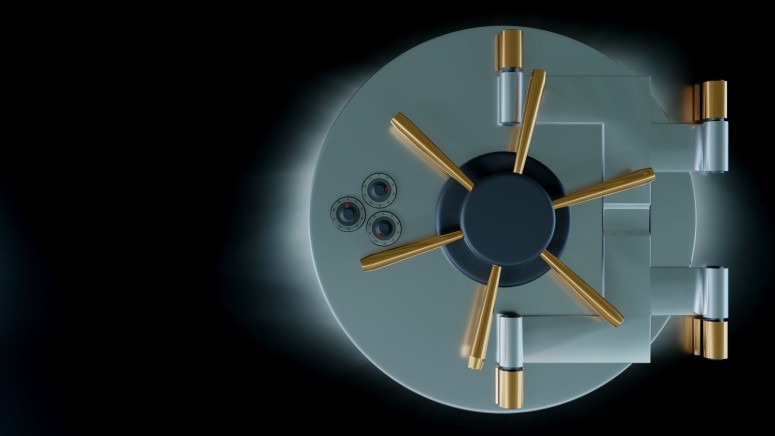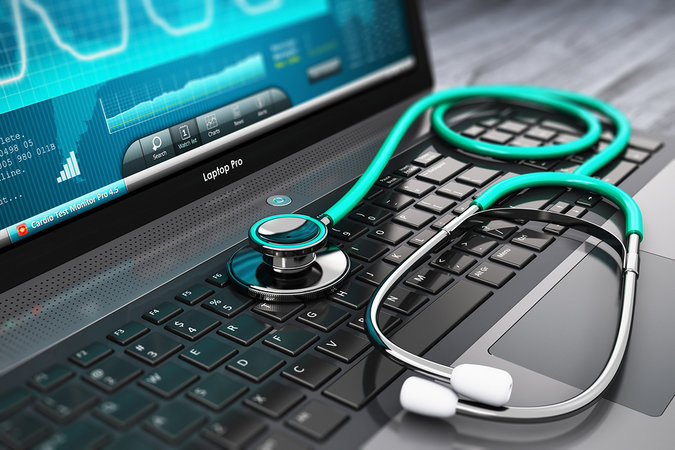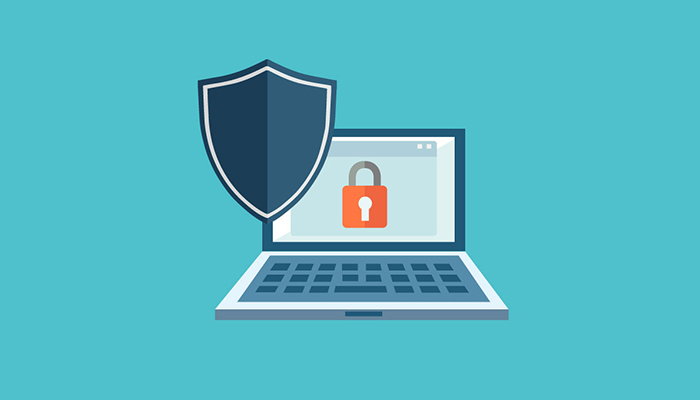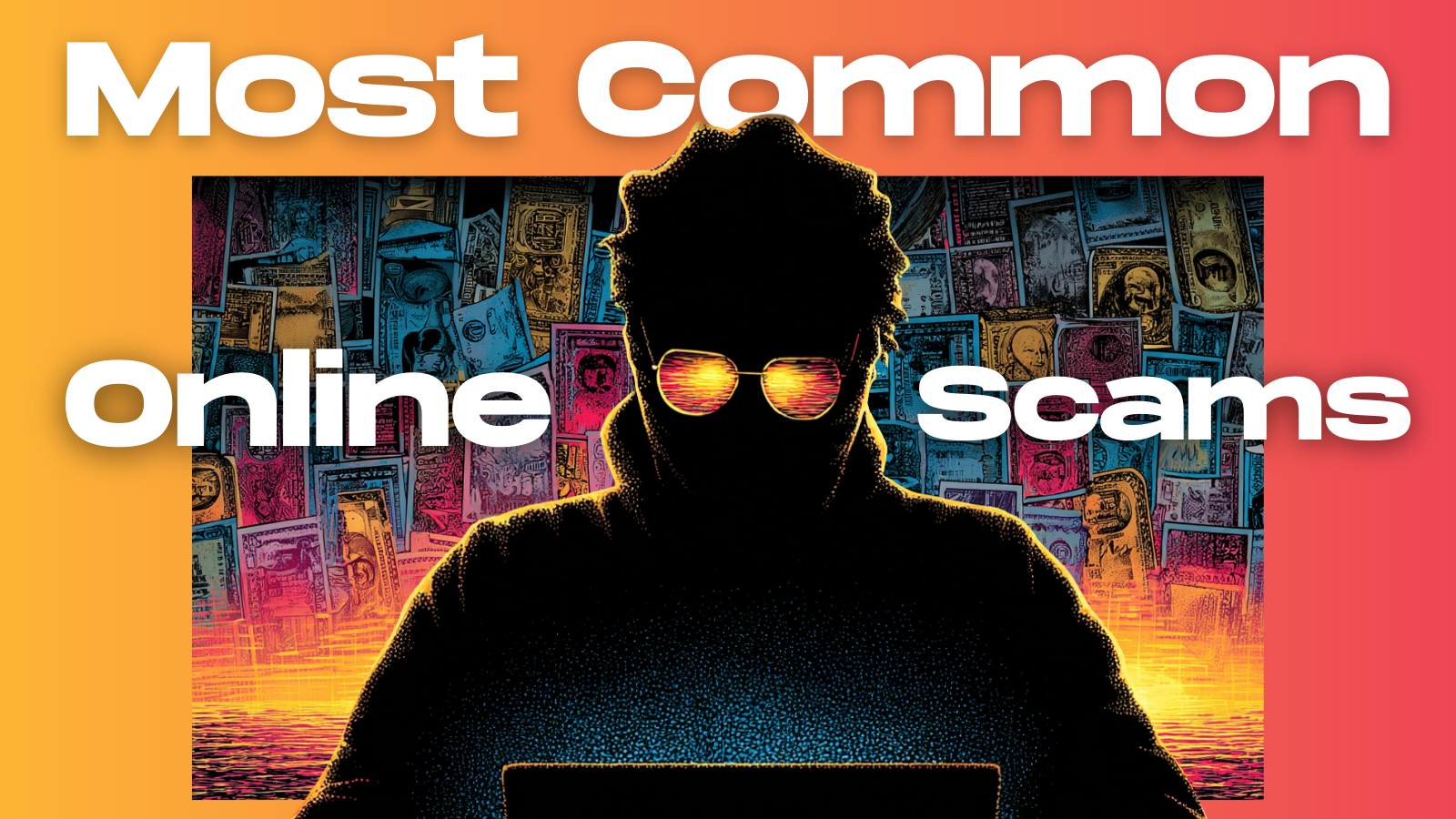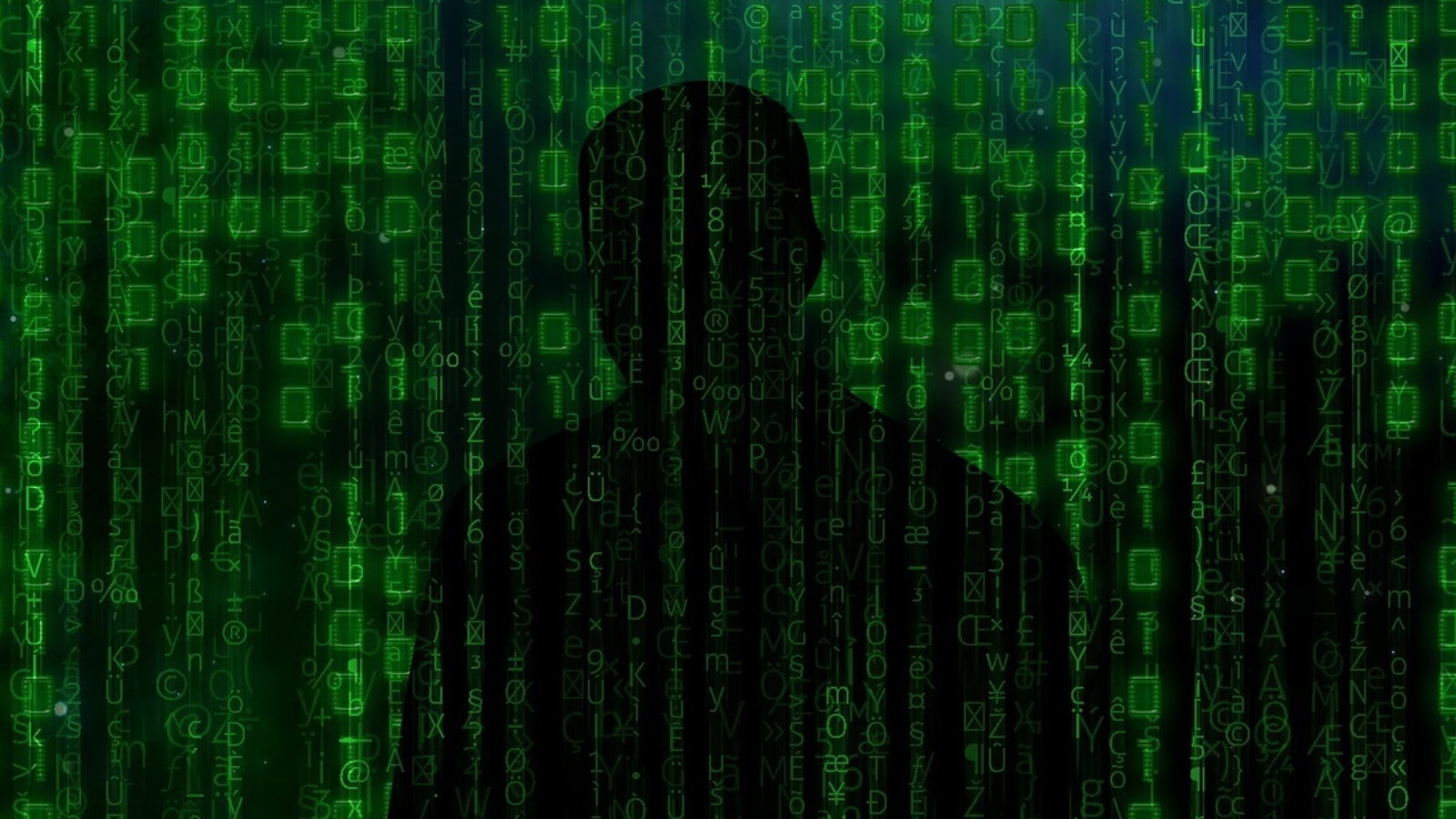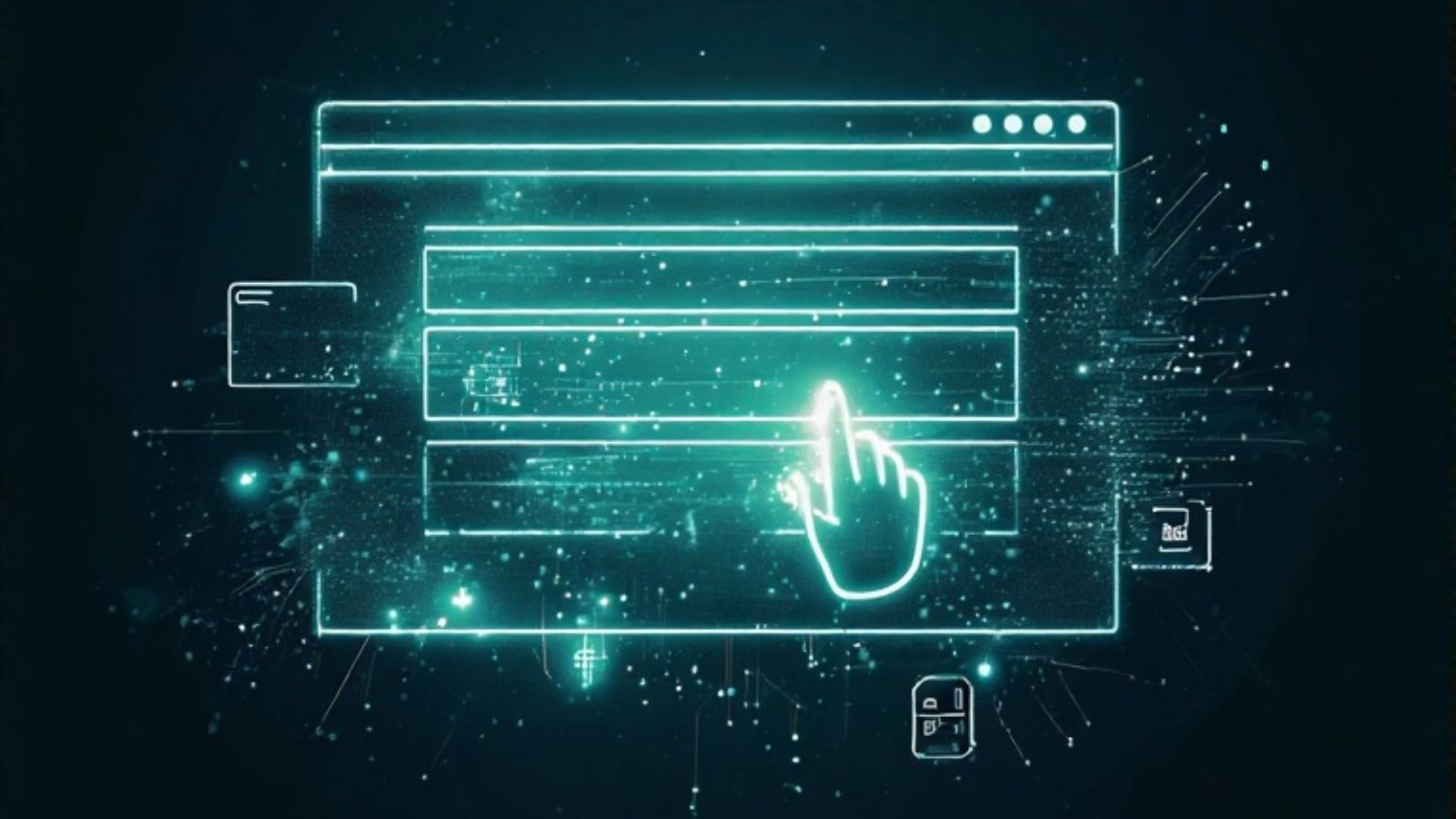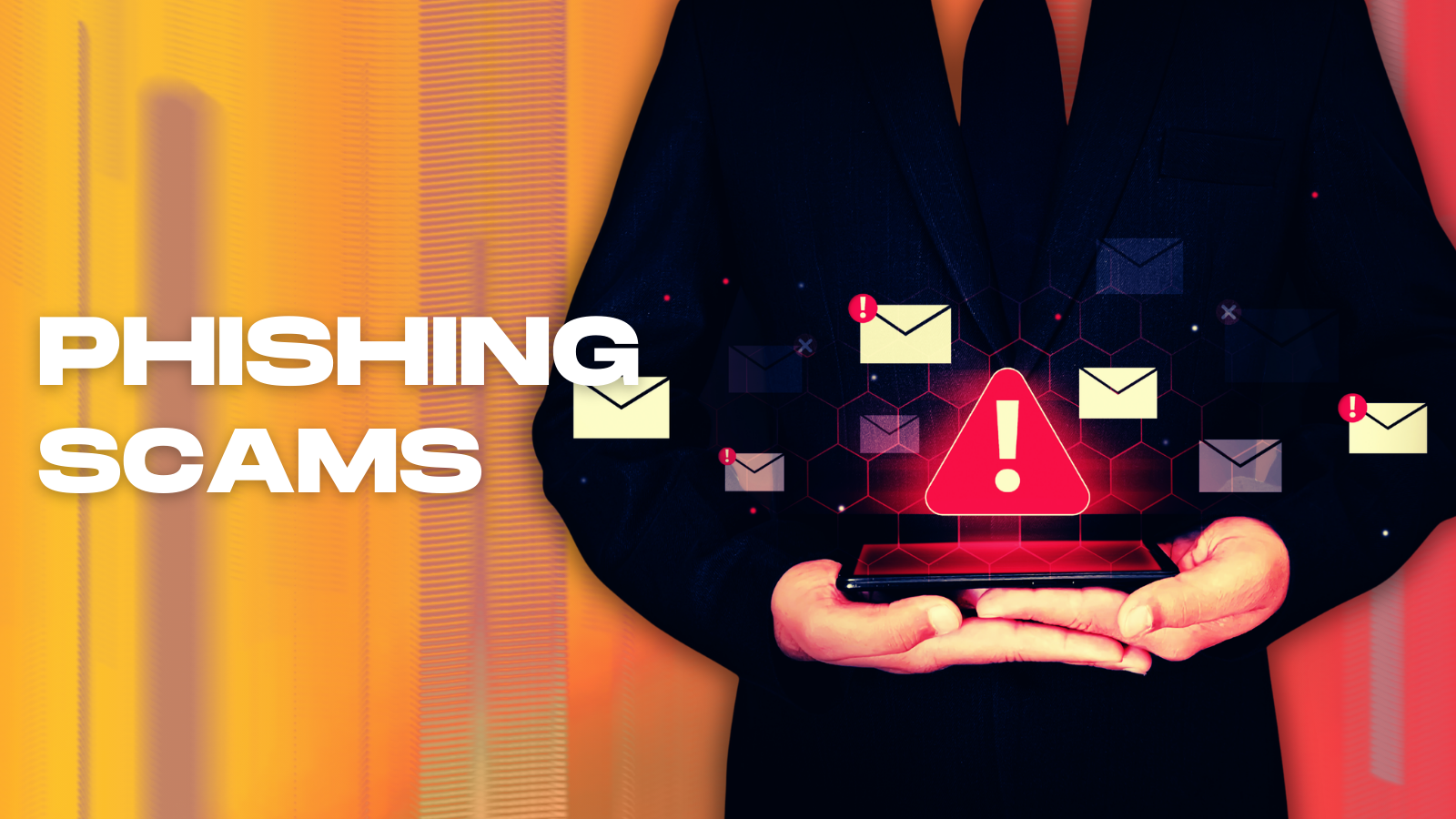
What is Genetic Privacy and Does it Matter?
Genetic privacy is a topic that should be on everyone's lips. Life is information and information is life, after all. With new technologies that allow us to sequence the genes of anyone quickly and cheaply, there are major ethical concerns popping up all the time. Modern and future genetic science as a whole holds immense promise. A promise to make our lives better, but at the same time, it can be abused towards horrific ends. Just like atomic energy or any other branch of scientific knowledge, it's how we decide to use these powers that determine if they are ethical or not.
So what the heck is "genetic privacy?" It's a pretty complex topic, but before we can talk about the privacy aspect, we need to talk about the genes themselves.
Your Genes are Everywhere
The entire blueprint for who you are physically is in your genes. Every cell in your body (with some exceptions) contains a copy of your genome. The instructions that describe how a particular person should be put together. All human beings have genes that are 99% identical. We are, after all, a single species. However, the remaining 1% is responsible for some pretty dramatic differences between individuals. Your hair and skin color, your build and other physical traits are all determined by your genes.
Your genes even determine how you will react to certain environmental factors. Many problems that result from lifestyle choices, such as obesity or addiction to certain substances, have at least some link to your genes.
With the exception of identical twins, every person has a unique combination of genes. The odds of two people who are not twins (or clones) having identical DNA are astronomical. So much so that it is for all intents and purposes impossible.
You also leave your DNA around everywhere. Since its in every cell, wherever you shed cells there you'll find copies of your DNA. With the cost of genetic sequencing falling rapidly, there are plenty of privacy issues to worry about when it comes to your genes.
Defining "Genetic Privacy"
What does it mean to have genetic privacy? As a whole, it seems we are still figuring this out. While some countries have laws in place that describe what third-parties are allowed to do with your genetic information, others still have to catch up.
It's pretty common that technology outpaces the ability of laws and policies to keep up with it. We don't know that we need certain laws until people do things with these new technologies that are harmful but couldn't be predicted.
One of the big problems is that you have no choice but to hand over your genes to other people. If you get a blood test, you have to give blood. That blood has pristine copies of your DNA in it. This goes for just about all medical waste. If you blow your nose and throw it away, it probably isn't illegal for someone to fish the tissue out of the bin and go sequence your genes.
So it should be obvious that genetic privacy is not about limiting whether someone can harvest your genetic material. It would be impossible to prevent it. Rather, genetic privacy is about limiting what others can do with your genetic information without your explicit consent.
Legal Protection for Genetic Information
Depending on where in the world you live, the legal protection of your genes can be rather good or decidedly spotty. The US, in particular, has large gaps in its genetic privacy laws. In 2017 a bill was approved that would allow your employer in the US to demand access to your genetic information.
The fact is that there's no adequate legal protection for your genetic information anywhere in the world. Even if you are resident in a part of the world with comprehensive genetic data protection, nothing can provide a 100% guarantee that your genes won't end up where they shouldn't.
The Role of Medical Ethics Boards
In almost every country there are one or more medical certification boards. Anyone working in the medical field needs to be registered with this board in order to legally practice their profession. This obviously includes physicians but also includes people like radiologists and lab technicians who handle human materials.
These medical boards already have a significant role in protecting patient privacy. If your doctor breaches the strict rules of patient confidentiality they can be fined or lose their license to practice. With the advent of cheap, fast gene sequencing it's important for such boards to update their conception and practice of patient privacy.
These boards have significant powers over what those in the medical field are allowed to do, but their scope is limited when it comes to who they can fine or punish. Which means medical boards alone aren't enough to enforce genetic privacy.
Preventing Genetic Discrimination
Genetic privacy doesn't mean someone can't look at the contents of your genes. At least not in every context. It's also about controlling what they are allowed to do in that context.
Let's say you have a genetic predisposition to heart disease or diabetes. Life insurance companies may be unwilling to cover you if your genes say you are likely to get these diseases. Even if your lifestyle or other non-genetic factors meant you were never actually going to get the disorders. In the wrong hands, your genetic information can be used against you in a number of ways. Even for forms of prejudice based on your ancestry.
It's very important that strict rules are in place to dictate what an organization is allowed to do with genetic information about you. To ensure a free and fair society.
DNA Sampling Without Consent
When routine samples are taken from your body that contains genetic information, should gene sequencing be done without your consent? If rapid DNA testing machines become commonplace and truly cheap, it's not far-fetched to think that a given lab might just throw sequencing in as a normal part of the test battery.
The thing is, genetic sequencing isn't the same as cholesterol or blood sugar test. While clever cross-referencing of multiple test results might point someone to a specific individual, these tests are just not unique enough to reveal someone's identity.
A gene sequence is 100% specific to the individual by itself. If you have someone's genetic information, you have their identity and procuring another sample to test against for confirmation is relatively trivial.
This absolutely means that you need the full informed consent of someone before running their samples through a sequencer and storing it on your computer systems. They need to know your policies and security measures before handing over that information.
Universal Newborn Screening
As new medical tests and methods become affordable, there is a certain branch of thought that says we should afford every newborn the potential benefits of that technology. We had more or less the same conversation when the power of stem cells became apparent. Today we can make stem cells from other types of cells, but at first, scientists thought only stem cells harvested from newborns (or fetuses) could be used for practical therapy. So they proposed storing stem cells harvested at birth by freezing them. Then, one day when you need a new organ or other body parts, your own frozen stem cells could be used to regrow the missing or sickly bits.
So parents had to choose whether their child got this procedure at birth and some people are still doing it today. We also routinely screen unborn children for signs of specific diseases such as down's syndrome. Leaving the decision about what a positive test means to the parents.
Now imagine that every baby gets gene sequencing at birth. The idea would be to give the parents a heads up on whether their child is at higher risk to develop certain disorders. As we understand our genes more over time, the stored genetic information could even reveal new things not known when it was first taken. There are clearly many health benefits to getting a genetic screening at birth. However, at the same time universally digitizing the genes of newborns comes with a long list of ethical and privacy concerns. Especially since we don't know what the long term consequences of storing this information will be. If your genes are put on file at birth, is any sort of privacy possible for you?
Cloning
Cloning is basically the act of artificially making an identical twin of someone. Scientists made history when they clone Dolly the sheep, but since then have cloned all sorts of animals. As far as we know, there aren't any artificial human clones, but in principle, there's nothing special about cloning humans.
At the moment, cloning humans is illegal in most countries. You also need to get samples of the right cells to clone a person. So it's not easy to do without their knowledge.
That might not be true for long, however. For example, scientists Craig Venter has created a protein printer where you can simply describe a novel protein sequence and create it from purely digital data. A more advanced version of this machine might one day print out DNA based on a file. That file could be the sequence of a person's DNA exactly as it was when sampled or it could be edited as easily as you can edit words in a document. Long after you are dead, someone in the future could call up your sequence from a computer database and create an identical twin based on your genes. You might not personally have a problem with that, but it would cross many lines.
Secure Central Storage?
So what is the answer to the issue of genetic privacy? Obviously, laws and policies have to be in place. Laws that, if enforced, provide effective protection against the misuse of our genetic data. That's just one part of the puzzle though. The other is physically preventing the unauthorized use of your genetic information.
One approach to this is by having a shared, state-controlled database. One that uses encryption to protect the information from being stolen or copied. When a legitimate user (such as your doctor) needs access to the information, they can read it from the cloud, but not download it. Keeping all that genetic data under lock and key might be one way to prevent third-party agents from exploiting the information without your consent.
Assured Destruction
Another approach that may help ensure better genetic privacy is data that self destructs or policies that ensure deletion. For example, you may go for a genetic disease screening, but the data isn't kept. You just get a report that says whether you are susceptible or not. Individual people can, of course, choose whether they want their data destroyed and have to accept the possible medical consequences in the future. It would be similar to the "Right to be forgotten" that is now enshrined in EU law. Basically, you should have the right to destroy copies of your digital genetic data. And then simply sequence your genes again if you need to.
Does Genetic Privacy Matter?
So back to our original question: does genetic privacy matter? In principle and in theory it certainly does. However, I have a feeling that the general public isn't going to be all interested in this issue until it starts to affect them. The problems are mostly theoretical and philosophical at this point. The thing is, it's at the point of conception where we have the opportunity to avert some of the foreseeable privacy issues and their consequences.
So yes, it does matter. Pay attention to the laws in your country that are being proposed. Do they favor you or do they protect biotech companies. Who stands to get rich off what's effectively your intellectual property? Whenever you are asked to hand over a copy of your genes for sequencing, make sure you know who stands to benefit. Gaining from that exchange and whether you are an equal partner in it.
Are you worried about your genetic privacy at all? Let us know down below in the comments. Lastly, we’d like to ask you to share this article online. And don’t forget that you can follow TechNadu on Facebook and Twitter. Thanks!

